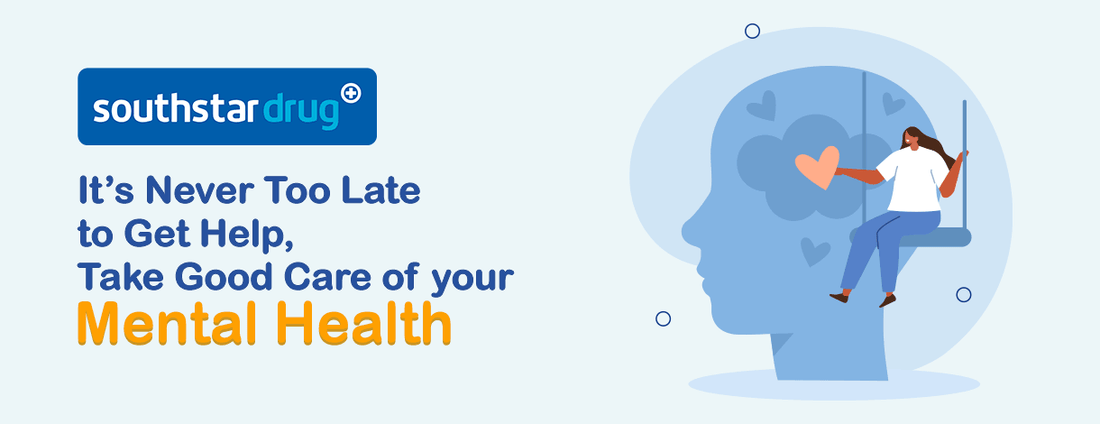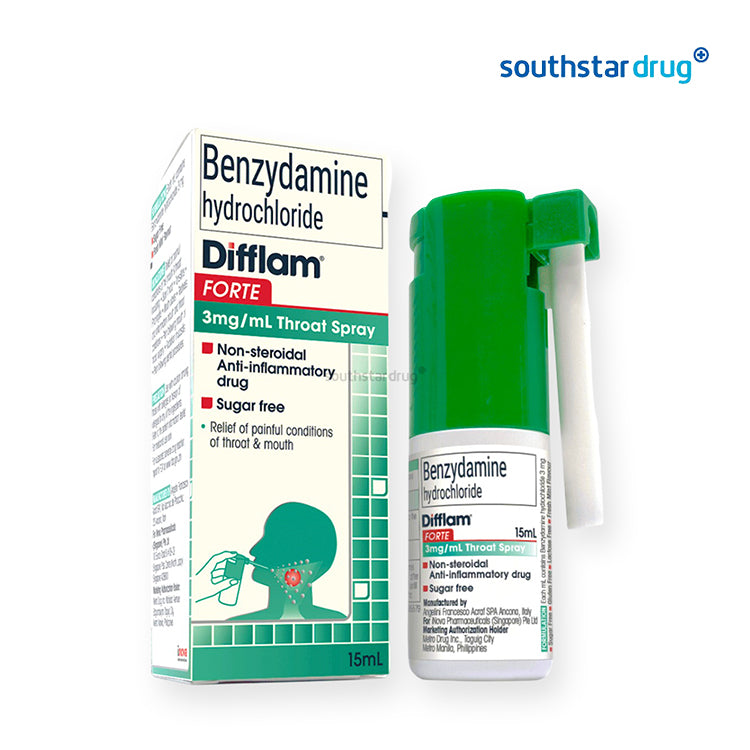Always remind yourself that you have a beautiful life and a world worth living in. There are days when people encounter life situations that hit them differently until they reach the breaking point and experience depression. Aren’t we supposed to live life to the fullest?
Many people have brought their voices to the community and all over the internet advocating mental health awareness. Some organizations establish programs and medical consultations to help those patients with anxiety, attempted suicide episodes, and those who have been in a room of sadness and loneliness.
As you read through this article about mental health, it is crucial to fully understand this and to help you bring the proper care to the people in need.

Identifying depression and anxiety
Anxiety and depression are two different mental conditions and may happen at the same time. The amount of care that you need will lead to success in recovery and coping with your environment. If you’re stuck in an event that ignited the feeling of sadness for a longer period, you may not function well and may acquire an unfit physical and emotional state of yourself.
An anxiety disorder may cause depression in 25% of those who have experienced epilepsy based on studies. Not to mention the other 24.2% causes and symptoms of a major depressive disorder. People who usually feel neuropathic pain or constraints in peripheral neuropathy may not be able to perform or respond normally. Depression comes at hand if no proper treatment is done because of a lack of medical care and knowledge of their current mental health situation.
Here are some signs of depression that a person may encounter:
- Difficulty in sleeping
- Always feeling anxious and worried
- Easily gets frustrated even if there are some positive events
- Afraid to do adventure or anything for amusement
- Always feeling tired and a frequent tingling sensation even after a sufficient sleep (nagkakaroon ng pangangalay, pamamanhid, o kinukuryente na pakiramdam)
- No proper appetite
- Changing in sleeping patterns
- Difficulty in decision-making, lack of focus, and always in a hurry
- Recurring body pains that do not respond to medical treatment
- There is guilt and a motive to hurt one’s self or attempt suicide
These symptoms or signs do not mean that a person is having a deep and serious mental illness or depression. It is still best for you to consult professional help and psychological counseling to get the right diagnosis for you and some recommended medicine.
Always start the right way of nourishing your physical fitness and emotions and give priority to your mental health at all times possible.
3 simple ways to take good care of your mental health
What happens when you become aware of the importance of mental health? You start doing the things you love the most and set goals for your day-to-day activities. So, here are some tips to help you protect your mental health.
Practice self-awareness
Knowing yourself the way you wanted to is a skill. Other people can judge you for who you are but none of them knows the real you. That’s why if you master self-awareness, you begin to understand yourself from your strengths down to your weaknesses.
Work on your goals
There are times people become futuristic and forget about the things they need to do at the present. There will be standards and expectations that are not realistic. To prevent this during your recovery, work on your goals slowly. Make a list of the things you need to do and refine them to the goals you are willing to accomplish without stretching your time and energy.
Visit your doctor
Treating a serious mental health condition is not easy. There may be motivational videos, podcasts, and articles from medical experts, it is still important that you visit a doctor personally.
In case you’re given some pieces of advice from your medical support, start their prescriptions for your goals by being responsible in taking them or target to follow their instructions.












